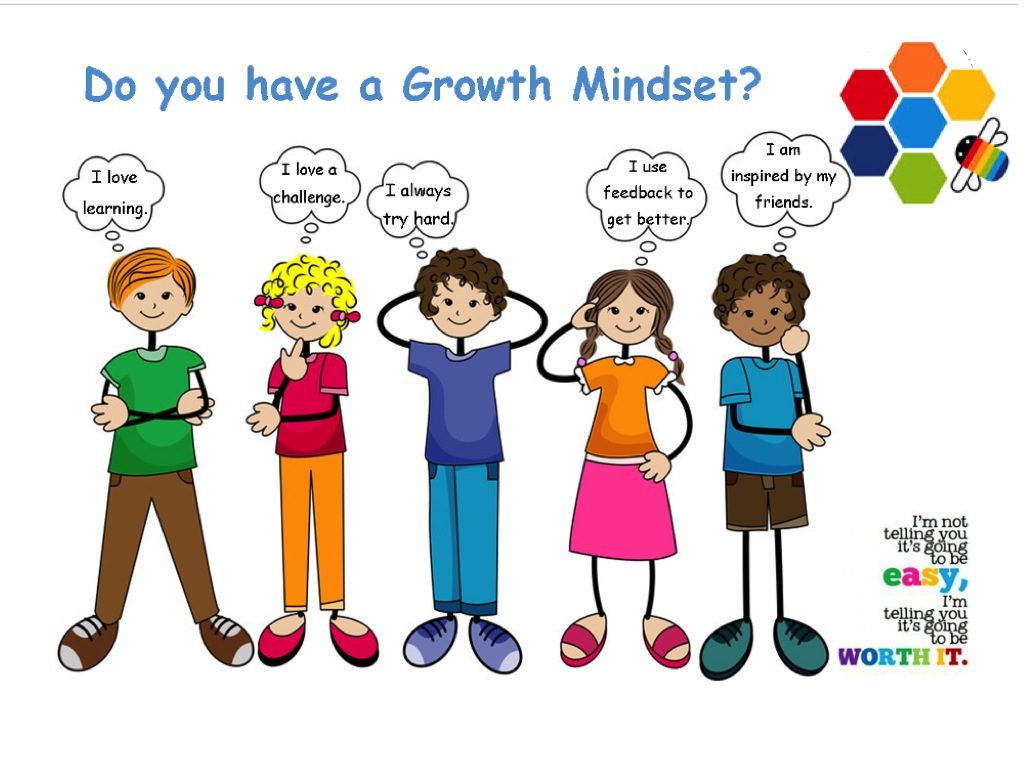 Most babies are excited to learn. However, as soon as children are able to compare themselves to others, some will stop focusing on learning and will instead focus on performance; they want to look good in front of others and more importantly, they want to feel like they are the best.
Most babies are excited to learn. However, as soon as children are able to compare themselves to others, some will stop focusing on learning and will instead focus on performance; they want to look good in front of others and more importantly, they want to feel like they are the best.
According to someone with a fixed mindset, if you fail at something, make a mistake, or even have to put effort in, it must be because ‘you’re just not good enough’. Because of that belief, children begin to avoid challenges and choose activities that they find easy.
People with a fixed mindset feel as if they have no control over their abilities, and are helpless in the face of difficulties and setbacks. They begin to feel disheartened if they find something difficult, which can lead to low self-esteem and a developing sense that there is ‘no point’ in trying.
Over time, children who feel like this may decrease their efforts and sometimes even engage in disruptive behaviours (anything that will detract from the fact that they are struggling).
Children (and adults!) with a growth mindset think very differently. They believe that they can get better at something by practising, so when they’re faced with a challenge, they become more and more determined to succeed, wanting to persevere and overcome knockbacks. They tend to feel as if they’re in control, and are not threatened by hard work or failure.
Although no one likes failing, children with a growth mindset do not let failure define them; instead, they use setbacks to motivate them. Children encouraged to adopt a growth mindset enjoy challenges and the sense of achievement they get when they succeed.
Researchers have found that building a growth mindset helps children at school; making them more motivated, more engaged in the classroom and likely to receive higher marks and greater rewards from their work.
Lots of research has found that developing a growth mindset has a positive impact on children’s learning, attainment and, more importantly, understanding of the learning process.
But it’s not all about educational outcomes. Research also suggests that having a growth mindset increases children’s ability to try all sorts of different challenges and problems that they might not have otherwise tackled.
And because children no longer need to engage in various self-protection strategies, developing a growth mindset also appears to improve behaviour, increase life satisfaction, and help children to control their emotions.


